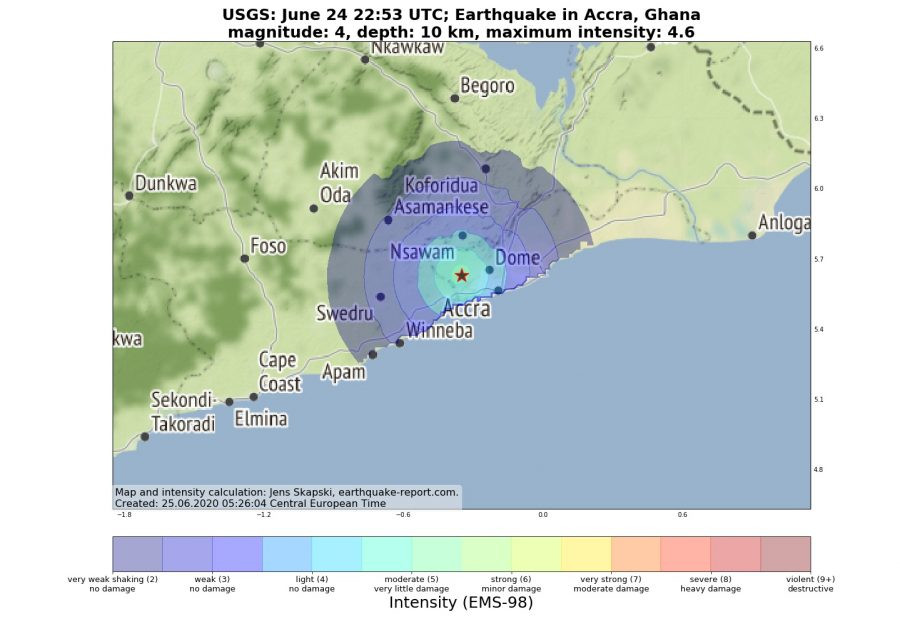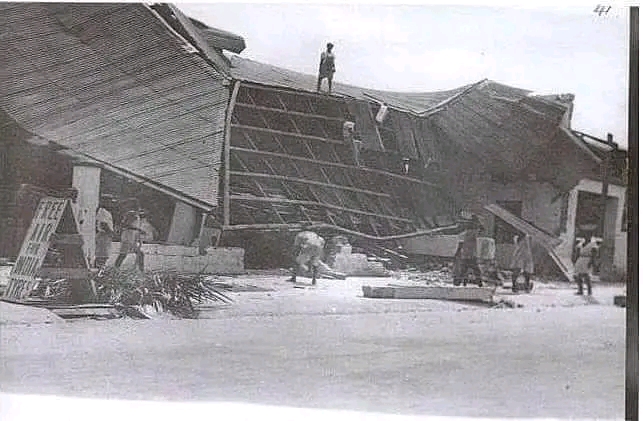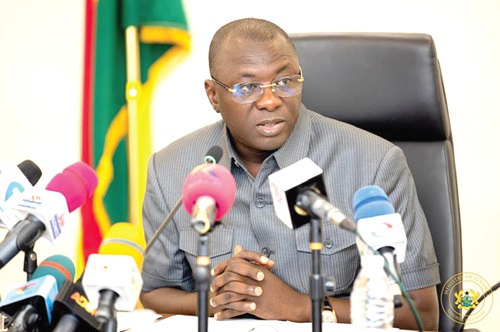It is Thursday, June 22, 1939, in the lively city of Accra in the Gold Coast.
It seems like a normal day as everyone goes about their business in the bustling city.
As the fishermen busily paddle their canoes and cast their nets, the market women call out to their customers.
The educated one gets busy at work in the government buildings in the capital city while the voices of teachers can be heard giving instructions to their students in the classrooms.
While the men of the home sat in their reclining chairs outdoors after enjoying sumptuous supper to relax and enjoy the night breeze, the women went about making sure the houses were in order before bed.
The children could be heard giggling and running around, playing hide and seek with the help of the cover of the darkness.
The fisher folks, traders, and labourers are already retiring to their beds in hopes of a good night’s rest.
In the drinking bars across the streets, some men can be heard laughing their troubles away as they nurse glasses of alcoholic drinks in between their conversations.
Two young lovers who just finished their nightly routine of hiding behind the lady’s house to chit-chat are saying goodbye with a promise to meet at the same place tomorrow.
Unbeknownst to them, the house will no longer be standing tomorrow.
At around 7:20 pm on Thursday, which feels like every day, the earth began to shake violently beneath the city.
Those indoors run to the door in a desperate attempt to escape their buildings.
Mothers attempt to grab their horrified babies to protect them against the loud tremors that seem to be bringing the world to an end.
The religious ones called on their God for protection in the uncertain moment.
It suddenly dawns on the ones who read the bible and go to the pristine chapels every week that the end time is upon them.
Images of the reverend in his white cloak flash before their eyes as they remember his sermon on the earthquakes that will precede the rapture.
Others get on their knees and ask for forgiveness for their many sins.
As the buildings come crashing down, the screams of utter fear and desperation overshadow their crumbling sounds.
The earthquake lasted for about 20 to 30 seconds, but for its victims, it felt like some of the longest seconds of their lives.
Fishermen at Labadi and Teshie later recounted that the sea became rough, and they lost control for some time as their canoes quavered.
It was felt over an area of approximately 300,000 square miles and at places more than 500 miles from the capital city.
The quake, with a magnitude of 6.6 on the Richter scale, claimed the lives of 17 people, although other unconfirmed sources say the death toll rose to 22.
The devastating 1939 event also caused injuries to about 150 people in the region and levelled close to 1,500 buildings and structures.
Fissures and vents were created in which water and mud poured for houses around the Sakumono Lagoon.
The physical damage to the city rose to hundreds of thousands of pounds, prompting the colonial rulers to revise the city’s development plan.
For a city with a population of 77,000, there were no records of foreshocks to the 6.6 earthquake as the seismograph operation at Accra had been discontinued due to economic challenges.
But a few years prior, cracks began to appear in some government buildings and the grounds around the buildings.
A sign that may have foretold the deadliest earthquake in Ghana to date.
Earthquakes in Ghana are rare, but Accra and the coastal areas to the east and west are prone to the natural phenomenon.

After the 1939 occurrence, there have been a number of minor quakes and tremors in Ghana, with the majority of them in Accra.
There have been incidents in 1997, 2006, 2007, 2018, 2019, 2020, 2022, and 2023.
It is said the longer it has been since the last major earthquake, the closer it is to the next one.
With many tremors in close proximity over the last two years within Accra, it is safe to say a major one is on its way.
READ ALSO: Earthquakes May Be Imminent In Ghana – Geological Authority Warns
But how prepared is Ghana for the next major earthquake 85 years after the 1939 incident?
The Ghana Geological Survey Authority (GGSA) in 2023 called on the government to help the authority with a whopping amount of $200 million for an “effective and fully operational monitoring system” in preparation for future earthquakes.
Mr Isaac Kuuwan Mwinbelle, the Acting Director General of the GGSA, also cautioned private and commercial developers against building along the MacCarthy Hill, Weija and Aburi ridges.
He described those areas as “high-risk zones” and said that occupants would experience the impact of any future earthquake or tremor the most.
He said indications were that Ghana could experience earthquakes anytime.
Major earthquakes have been recorded in Taiwan and Morocco, while the latest in Turkey hit close to home and left a dent in the memories of many Ghanaians, which may be a wake-up call for the country.















